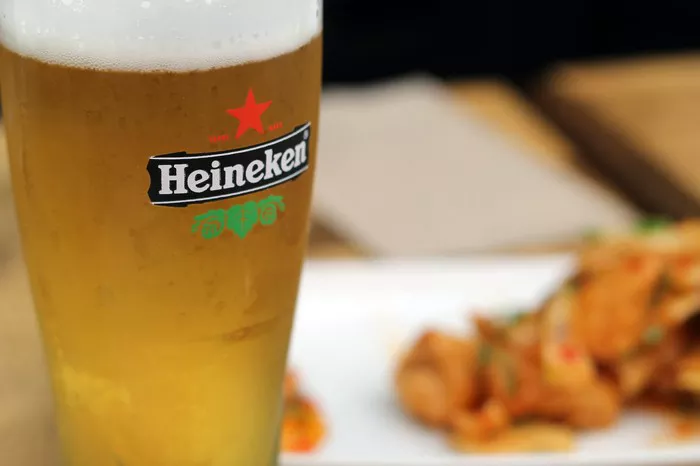Bulmer’s owner C&C has refused to say whether it is interested in buying Smithwick’s, Harp or Kilkenny following reports that Diageo is planning to sell the brands.
Diageo, which also owns Guinness, is planning to sell the trio of Irish beers amid concerns over profit margins.
However, it plans to retain ownership of Guinness. Other brands that could be put on the block by Diageo include Kenya’s Tusker and other beer products.
C&C, which owns a number of drinks brands including Bulmers cider and Tennent’s, is seen as a likely potential buyer of the Irish brands.
Heineken, which owns Irish beer brands including Murphy’s, Beamish and Orchard Thieves – as well as its eponymous beer brand – could also be a potential buyer of the Diageo beers.
C&C also owns beers such as Clonmel lager and Five Lamps.
The group has a brewery in Clonmel.
As well as its iconic St James’s Gate brewery in Dublin, Diageo last year announced plans for a new €200m brewery in Co Kildare.
Once built, Diageo intends to use the facility to brew Rockshore, Harp, Hop House 13, Smithwick’s, Kilkenny and Carlsberg.
When fully operational, it will have an annual brewing capacity of two million hectolitres and will be the second largest brewery in Ireland after St James’s Gate.
C&C, whose chief executive is Patrick McMahon, had revenues of almost €1.5bn in its last financial year and made a pre-exceptional profit of €48m.
US news agency Axios reported this week that Diageo is planning to sell the beer brands.
The Guinness brewer declined to comment.
Diageo’s beer sales of £3.4bn in the financial year ended June accounted for just over 14pc of its total sales in the period.
Its spirits and liqueurs portfolio, which includes brands such as Smirnoff, Baileys and Johnnie Walker, accounted for 81pc of the total.
Last month, Diageo’s shares fell as much as 16pc in a day after it said it expected first-half operating profit growth to fall due to a “significantly weaker performance” in Latin America and the Caribbean.
It was their biggest one-day fall since 1987.
“Macroeconomic pressures in the region are leading to lower consumption and consumer reticence,” the world’s biggest spirits maker said.


